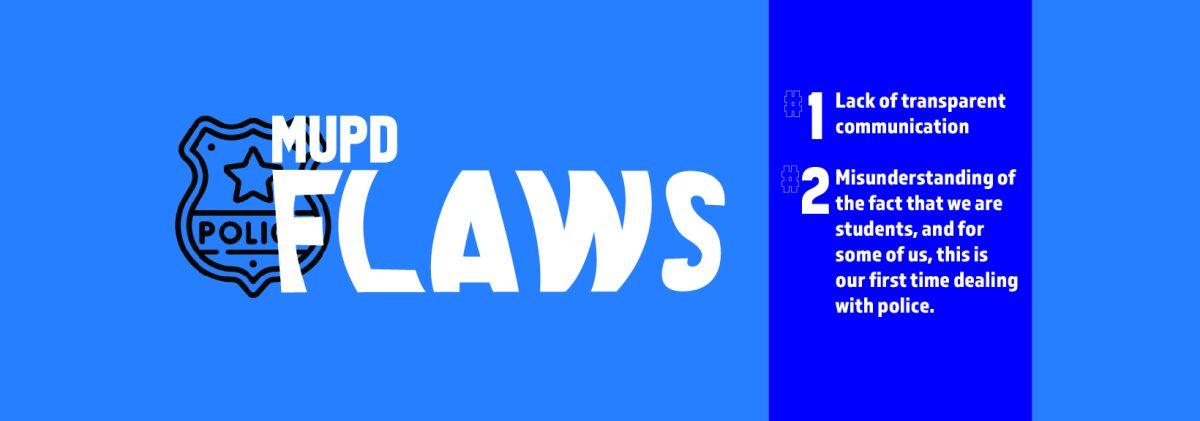I want to believe that most members of the MU community felt outrage, disgust and/or sadness when they heard about the racist graffiti incident, just one year after the trauma of the cotton ball incident. However, I suspect that there were at least some who felt indifference.
Yes, it is offensive; it shouldn’t happen, but what can we do? Is it really that big a deal?
Yesterday, I attended the Difficult Dialogues session about hate crimes held at the law school. I want to share some insights from that informative session that highlights why this crime is “a big deal.”
**Broader Context**
Chief Diversity Officer Roger Worthington opened the session with some statistics from the Southern Poverty Law Center. The bottom line was that racially motivated hate crimes happen every day across the country, even at our precious institutions of higher learning. This reminds us that what happens on our campus does not occur in isolation. Our cotton ball incident and the graffiti are part of something bigger that impacts the entire country.
**Historical Context**
Professor Frank Bowman gave a brief history of slavery in Missouri and Boone County. For those of us (like me) who didn’t know, it was quite a shock to learn that the names we see every day in the place where we learn – Rollins, Switzler, Hickman – were the names of prominent slave owners. In other words, the history of racism is woven into the fabric of our daily lives and many of us don’t even know it. History and present day are inextricably linked; what happens today is connected to everything that has come before us.
**We Are All Victims**
Professor David Mitchell reminded us that though the students who live in the residence hall are the most direct victims, we need to recognize the full extent of those impacted by this act. Think about the parents of those students who thought they were sending their children to a safe learning environment. Parents are those people would rather give their lives than see any harm come to their children. How must they feel? Think about all of the other minority students who heard the message of hateful unwelcome, yet must show up to class and work. And what about those of us who are not minorities, those of us who are allies in the fight against hate? Aren’t we also victimized when someone in our community cuts at the very core of our ideals?
**Victims of Indifference**
I want to close my comments by addressing those who believe that these acts have nothing to do with them. You, too, are victims. By failing to recognize yourself as part of something bigger and interconnected, you become victims of a simplistic worldview in which what does not affect you directly does not matter. No matter how hard you study, such narrow thinking will only lead you down narrow paths.











